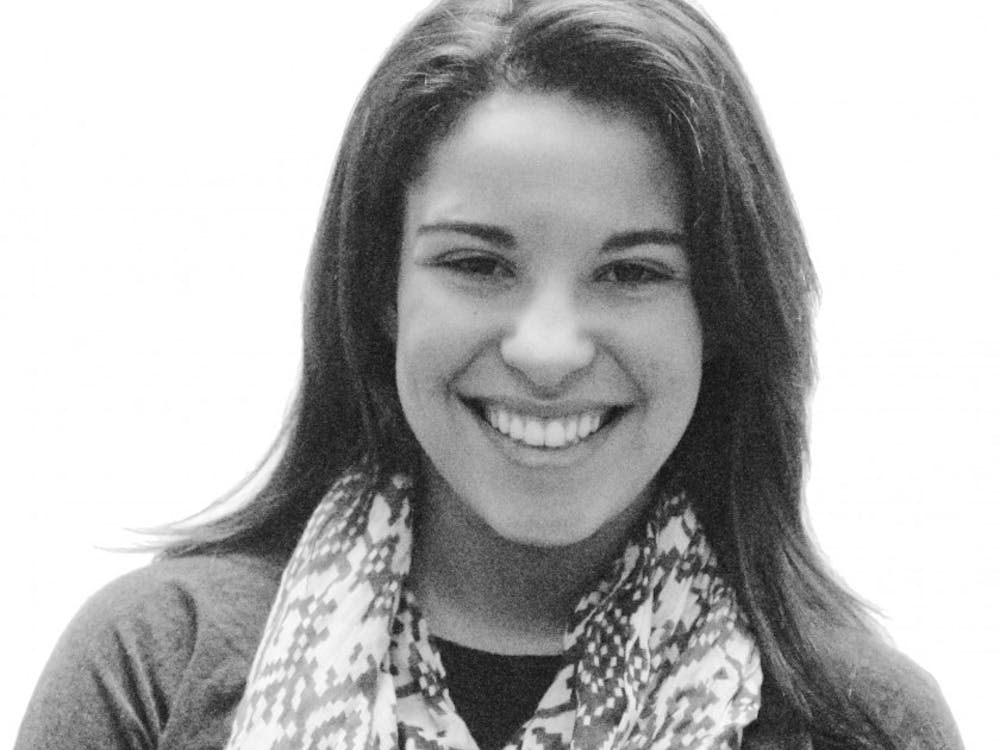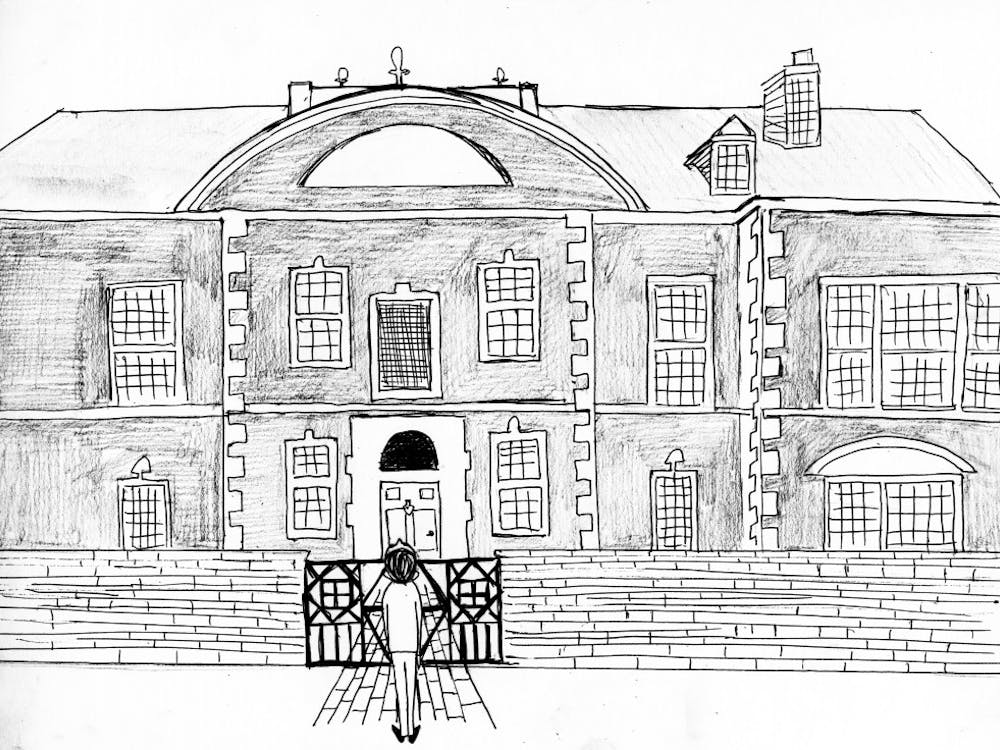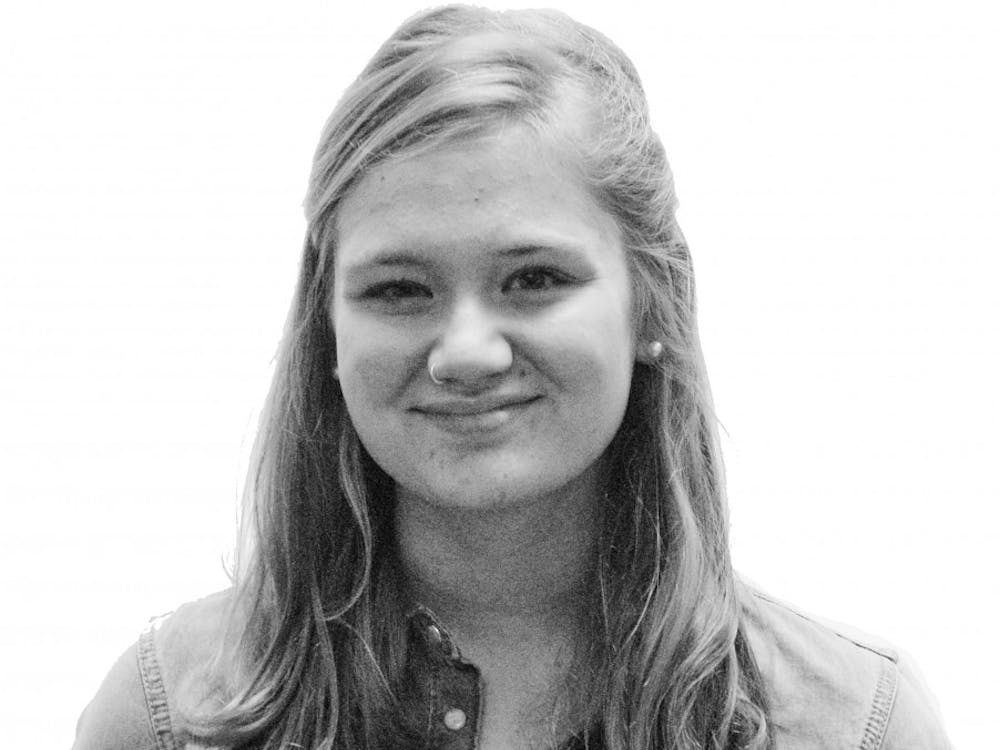Column: A tournament to remember
Eddie OwensThis year’s NCAA men’s basketball tournament was one of the best ever. That might sound like an outright lie to some people whose favorite team lost early or whose bracket showed more red than the South on election day.












